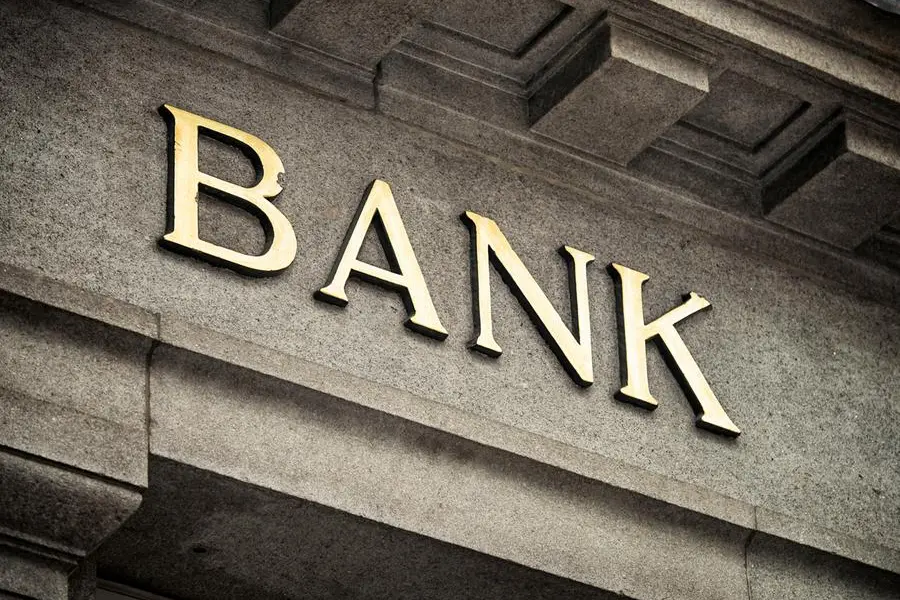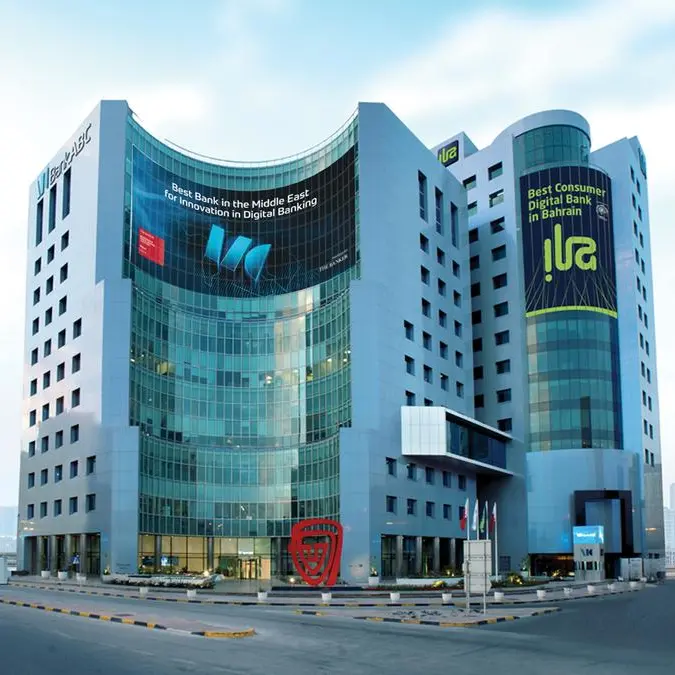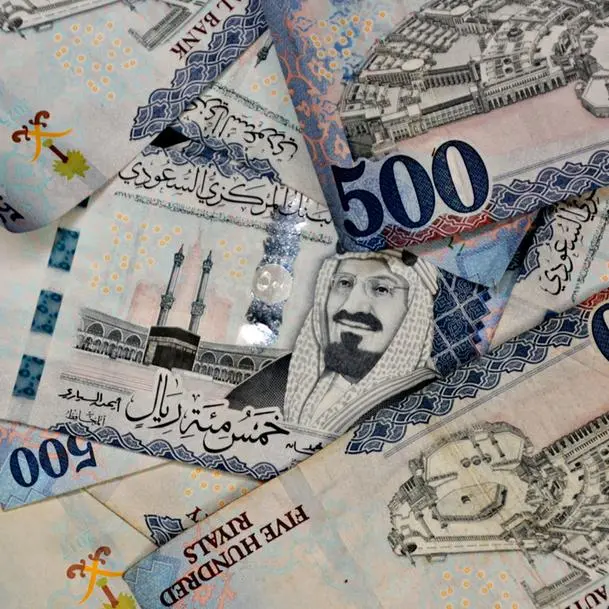PHOTO
GCC banks with Turkish subsidiaries have sufficient capital and profitability buffers to withstand financial risks from their operations in Turkiye (B/Negative), Fitch Ratings says.
Banks’ regulatory capital ratios would remain above minimum requirements, even in the event of a full write-down of the subsidiaries and before factoring in pre-impairment operating profit buffers.
The banks’ Viability Ratings (VRs) already reflect the risks from Turkish operations, and a downgrade of Turkiye would be unlikely to trigger VR downgrades given the banks’ strong buffers and their declining Turkish exposures (end-2022: 13% of group assets, on average), Fitch says.
ENBD and KFH most hit
“We estimate GCC banks with Turkish subsidiaries recorded about $1.9 billion of net monetary losses in 2022. Emirates NBD (ENBD) and Kuwait Finance House (KFH) were worst-affected in terms of the operating profit/risk-weighted assets (RWA) ratio, Fitch’s core profitability metric.
“Their ratios fell by about 60bp when the net monetary losses were included. Both banks have above-average Turkish exposure (17%–18% of assets at end-2022), although the share in KFH’s assets was higher before it acquired Ahli United Bank in October 2022. Net monetary losses would have been even higher without gains on Turkish CPI-linked bonds. GCC banks’ Turkish subsidiaries recorded TRY45.3 billion ($2.7 billion) of revenues from their CPI-linked bonds in 2022.”
Fitch expects further net monetary losses as cumulative inflation over three years is likely to exceed 100% until at least 2025. However, the losses should decline as inflation gradually eases from 64% at end-2022.
Net monetary losses should decline
Net monetary losses should decline – to around $1.5 billion and $1.3 billion in 2023 and 2024, respectively – based on our expectation that Turkish CPI will be 50% at end-2023 and 43% at end-2024. This would translate into operating profit/RWA eroding by less than 40bp, on average, which could easily be absorbed, particularly as the profitability of the banks’ GCC operations should continue to benefit from higher interest rates and favourable economic conditions.
“We do not expect to downgrade the VRs of GCC banks with Turkish subsidiaries as a result of the deteriorating operating conditions in Turkiye. The exposures are declining due to lira depreciation, and the banks have robust loss-absorption capacity,” Fitch says.
GCC banks with Turkish subsidiaries adopted hyperinflation reporting in 1H22 under the accounting standard IAS 29, as cumulative Turkish inflation over three years had exceeded 100%. IAS 29 requires the banks to restate non-monetary assets and liabilities to reflect the impact of hyperinflation, leading to net monetary losses in their income statements.
In a severe stress scenario leading to a full write-down of GCC banks’ investments in Turkish subsidiaries, consolidated common equity Tier 1 (CET1) ratios would only decrease by 150bp, on average, if the full impacts were taken from equity. ENBD and KFH’s ratios would be the worst-affected, both with a 220bp drop.
CET1 ratios not to be affected
“We believe CET1 ratios for all banks except Burgan Bank (excluding the positive impact from the sale of its stake in Bank of Baghdad) would remain above the minimum requirements. In practice, however, CET1 ratios might not even be affected as the banks’ pre-impairment operating profit buffers would be sufficient to absorb the write-downs.”
Fitch does not expect GCC banks to exit Turkiye, despite the challenging conditions. One factor is the lack of potential buyers, even though Turkish banks are trading at a large discount to their book value. However, if valuations become more attractive, some banks may take the opportunity to exit the market.
Fitch believes that GCC banks would provide their Turkish subsidiaries with financial support, if needed. The ratings of the subsidiaries reflect this. However, the subsidiaries’ Long-Term Foreign-Currency Issuer Default Ratings are capped at ‘B-’, one notch below the sovereign, reflecting our view that Turkish banks face an increased risk of government intervention.
Copyright 2022 Al Hilal Publishing and Marketing Group Provided by SyndiGate Media Inc. (Syndigate.info).





















